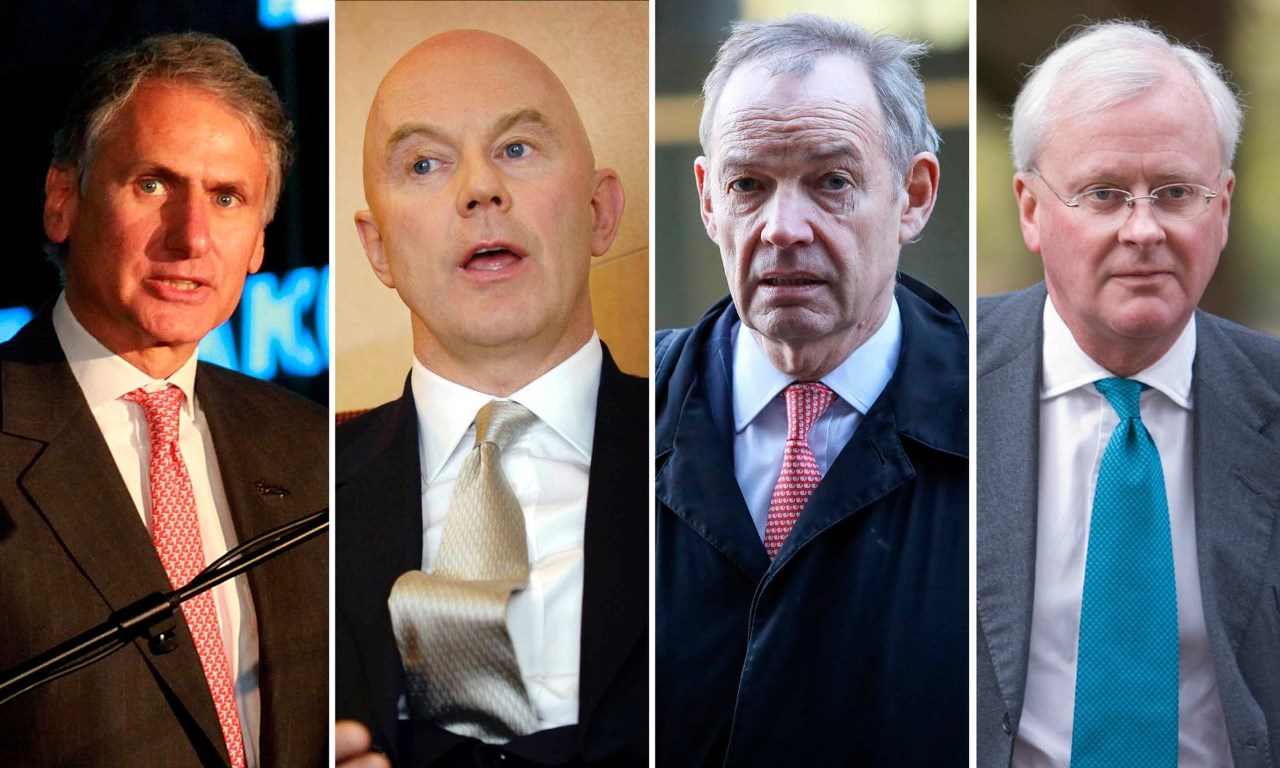Barclays charged with fraud
June 20, 2017 | Expert Insights

UK’s Serious Fraud Office has charged Barclays along with four of its former executives with fraud over its actions during the 2008 financial crisis. This would be the first time a criminal charge has been levied against a bank for actions during the financial crisis in the United Kingdom.
Among those who have been charged are the former chief executive, John Varley, former senior investment banker Roger Jenkins, former chief executive of Barclays' wealth division, Thomas Kalaris, and former head of European head of financial institutions Richard Boath. The four of them have been charged with conspiracy to commit fraud. They have been told to appear before the Westminster Magistrates’ Court on 3 July.
Background
Barclays is one of the biggest multinational banks based out of Britain and it is currently headquartered in London. With operations in over 50 countries and boasting close to 48 million customers, it has its teeth in a number of fields including in retail, wholesale and investment banking, as well as wealth management, mortgage lending, and credit cards.
According to the SFO, which is a non-ministerial government department of the Government of the United Kingdom department that investigates and prosecutes serious or complex fraud and corruption in England, Wales and Northern Ireland, it has been investigating a case again Barclays since 2012.
In 1995, one of Britain’s oldest bank, Barings Bank collapsed in 1995 when a rogue trader, Nick Leeson, lost £860 million betting on the future of the Tokyo stock market.
In fact, financial fraud is something that has existed since the beginning of intelligent society itself. One of the earliest documented financial frauds took place which involved the “sale” of the Roman Empire in 193 AD. During a period of unrest, it is said that the Praetorian Guard “sold” the empire for 250 gold pieces for every member of the army (that would amount to $1 billion in today’s terms). Except this wasn’t theirs to sell. Julianus the man who “bought” the empire was quickly dismissed and was never regarded as the emperor.
2008 Financial Crisis
The global financial crisis that stemmed from the subprime mortgage crisis in the US in 2017, is generally considered as one of the worst financial crisis to hit since the Great Depression in 1930s. It ultimately led to the collapse of the Lehman Brothers in 2008 and the banking industry only survived due to government bailouts that were arranged. However, that crisis quickly led to the European debt crisis which crippled the European economy as well.
Analysis
This case relates to how the bank worked from investors in Qatar to raise money and thus avoid a bailout from the government. Bank after receiving news that it is being charged released a statement noting, “The charges arise in the context of Barclays' capital raisings in June and November 2008. Barclays awaits further details of the charges from the SFO.” It has been reported that Barclays had taken close to £12bn from Qatar during 2008.
While this is the first time a bank from UK is being charged for fraud regarding the 2008 financial crisis, this wouldn’t be the first time a British bank or its executives would have to deal with criminal charges stemming from fraud.
John Varley would for most have been an unlikely choice as the first former bank chief executive to face criminal charges over the events of the financial crisis. Avuncular, calm, Mr Varley was one of the City's patricians, often portrayed - rightly or not - as a check on Barclays' hard-charging investment bank, led by Bob Diamond.
Now, along with the bank he once led, he faces two types of charges, both of which relate to fundraisings from Qatar in 2008. The first charge, conspiracy to commit fraud, relates to "advisory" fees paid to Qatar. The second - "unlawful assistance" - could be more serious.
It relates to a £2bn loan advanced to Qatar after the fundraisings were negotiated - the implication being that there was a money-go-round at work - Barclays was handing Qatar some of the money it was using to support the British bank.
Assessment
The Financial Conduct Authority (FCA) has also reopened its probe into the deal and is understood to be reviewing new evidence which could prompt it to reconsider a £50m fine against the banking giant four years ago. The FCA imposed the penalty after finding that Barclays had failed to disclose the arrangements and fees it paid to the Qatari investors, but Barclays contested the fine and it was put on hold while the SFO conducted its investigation.
Our assessment is that, a lot of public anger especially stemming from the United States was directed towards the banks and Wall Street due to the 2008 financial crisis which left multitudes unemployed. It also led to powerful movements like “Occupy Wall Street” as a result of it. While the defendants are innocent until they are proven guilty, SFO has sent a powerful message to banks across Britain that there are consequences to their actions.








Comments